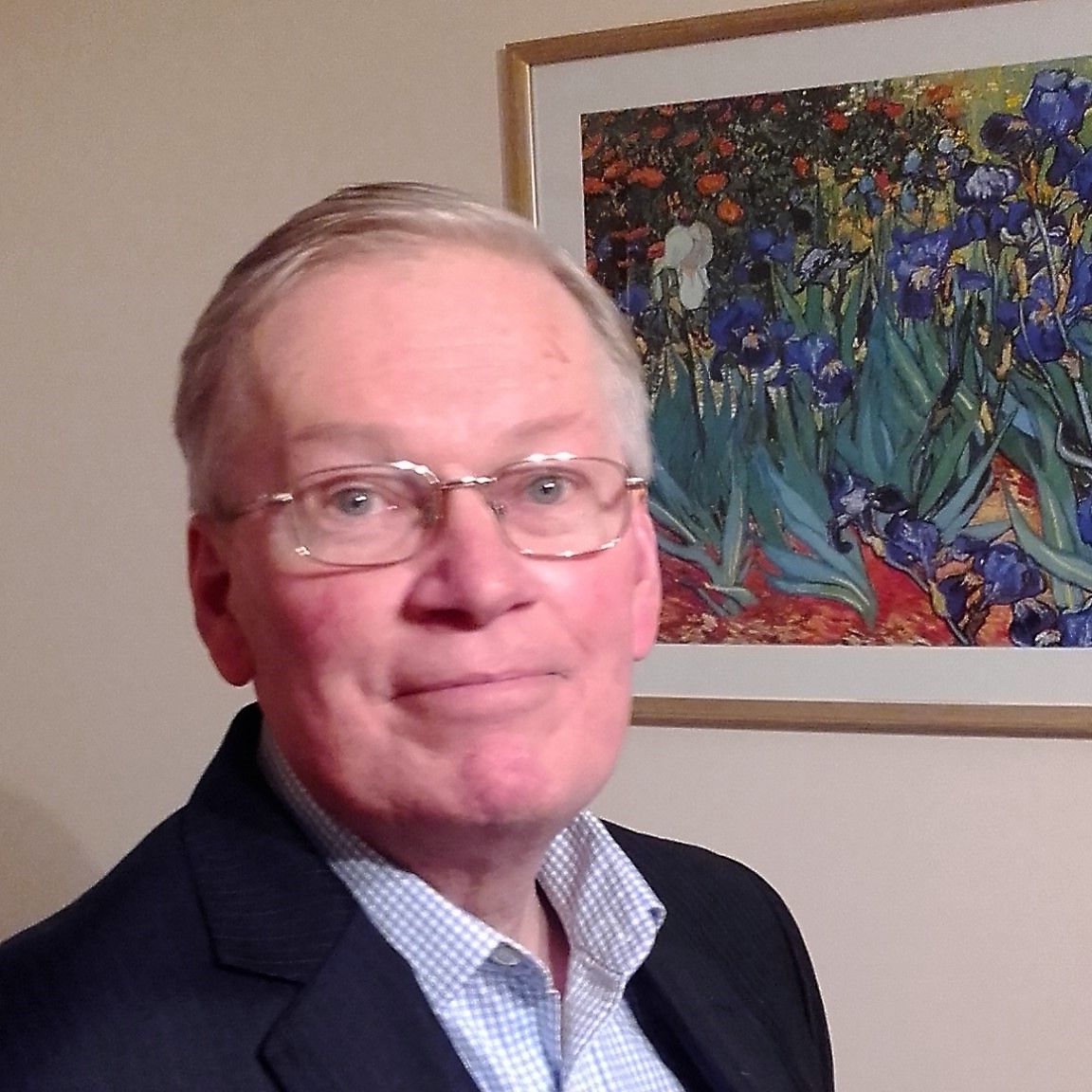Prescient is a lovely word. The Australian Concise Oxford Dictionary (1987)defines prescient “as having knowledge or forethought,” so it seems the perfect word to describe Rutger Bregman.
Rutger is a Dutch historian, journalist and author. He became famous – or maybe notorious, depending on how you see the world – when in 2019 at the Davos meeting, he criticised the event for its emphasis on philanthropy rather than higher taxation on the wealthy, especially the very wealthy.
Back in 2019, it was so much easier to dismiss Rutger and everything he represented. Just as he was at Davos, Rutger was the outsider, talking dribble that no one inside the tent needed to heed.
Fast forward just a few short years and the world is a very different place to the one in 2019 when Rutger spoke with Leigh Sales.
COVID-19 has changed so much, and yet listening to Rutger you’d think the interview was conducted last week as he itemised so many of the systemic issues exposed by the coronavirus and its lockdown.
But the biggest issue of all is tax. Channelling Oscar Wilde, Rutger said taxation is the policy that dare not speak its name, but surely that state of denial must end.
This week, the Australian Treasurer – a conservative and a member of a right-wing government with a very poor record on environmental, energy and social issues – handed down a budget with buckets of extra cash and a resultant federal deficit that’s off the charts.
Everyone agrees the expenditure was necessary, but how do we pay for the tens of billions that’s been incurred to keep the country solvent during the COVID crisis?
Is it even necessary for governments which ‘borrow’ in the currencies that they own need to pay back those loans (more of that discussion in future Retire Better newsletters and blog posts)?
We’re just at the beginning of so many discussions, but for sure, Rutger Bregman is going to be one of the people that we’re listening to for clarity of the issues and solutions to our problems.

